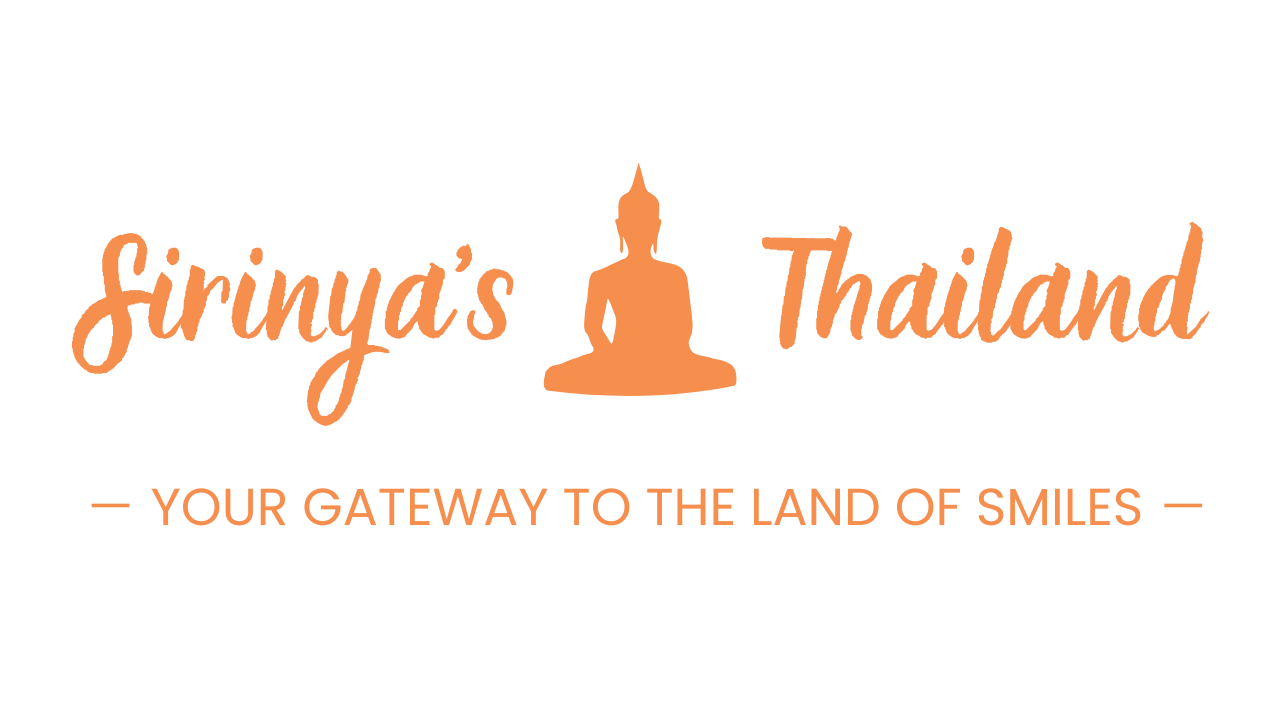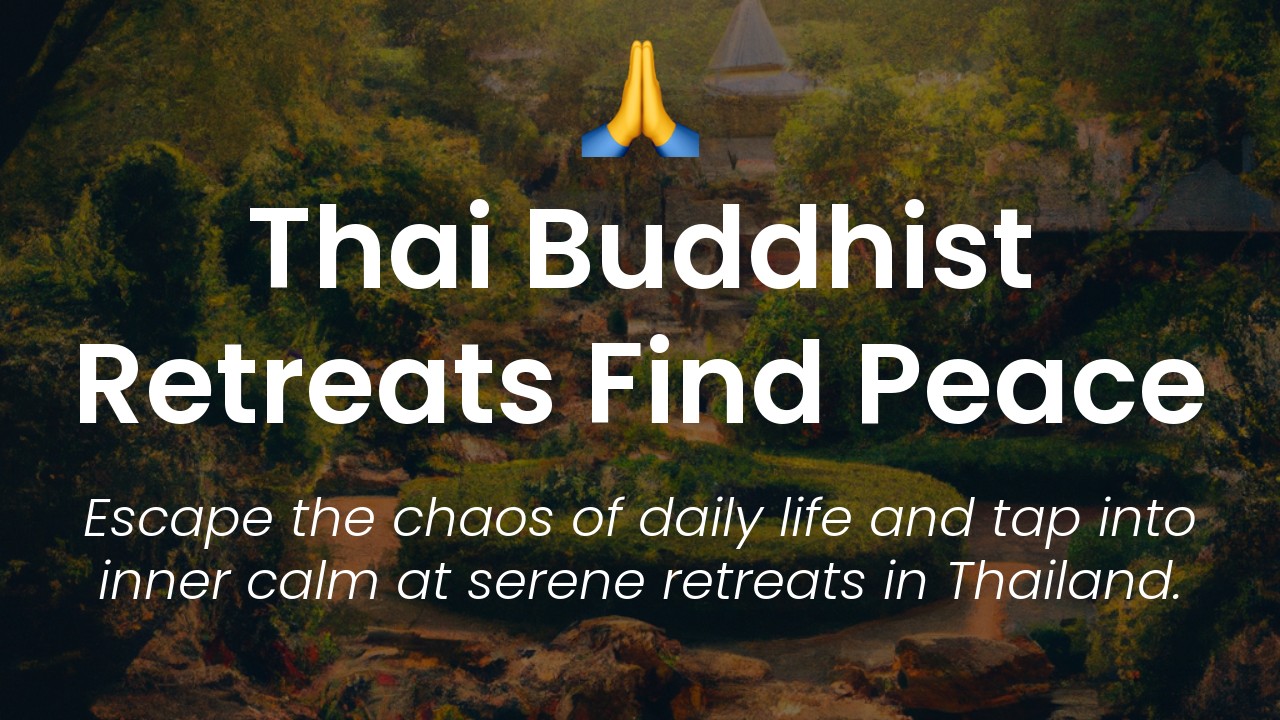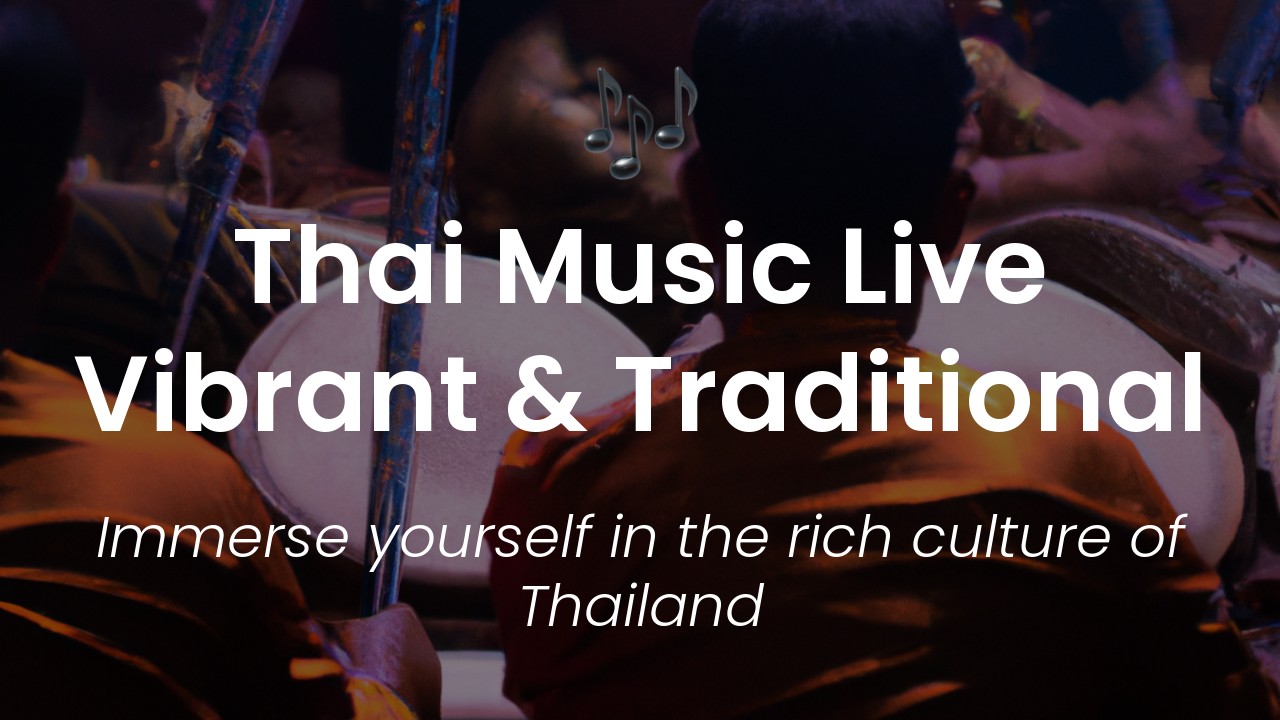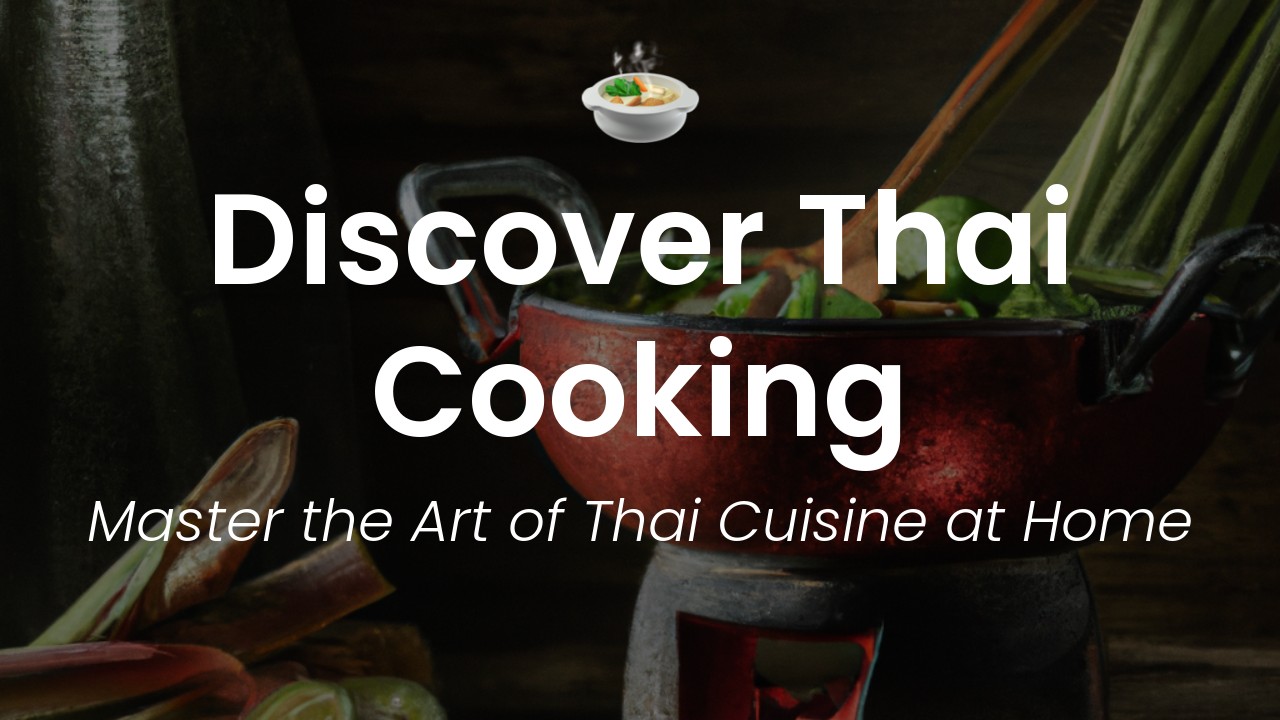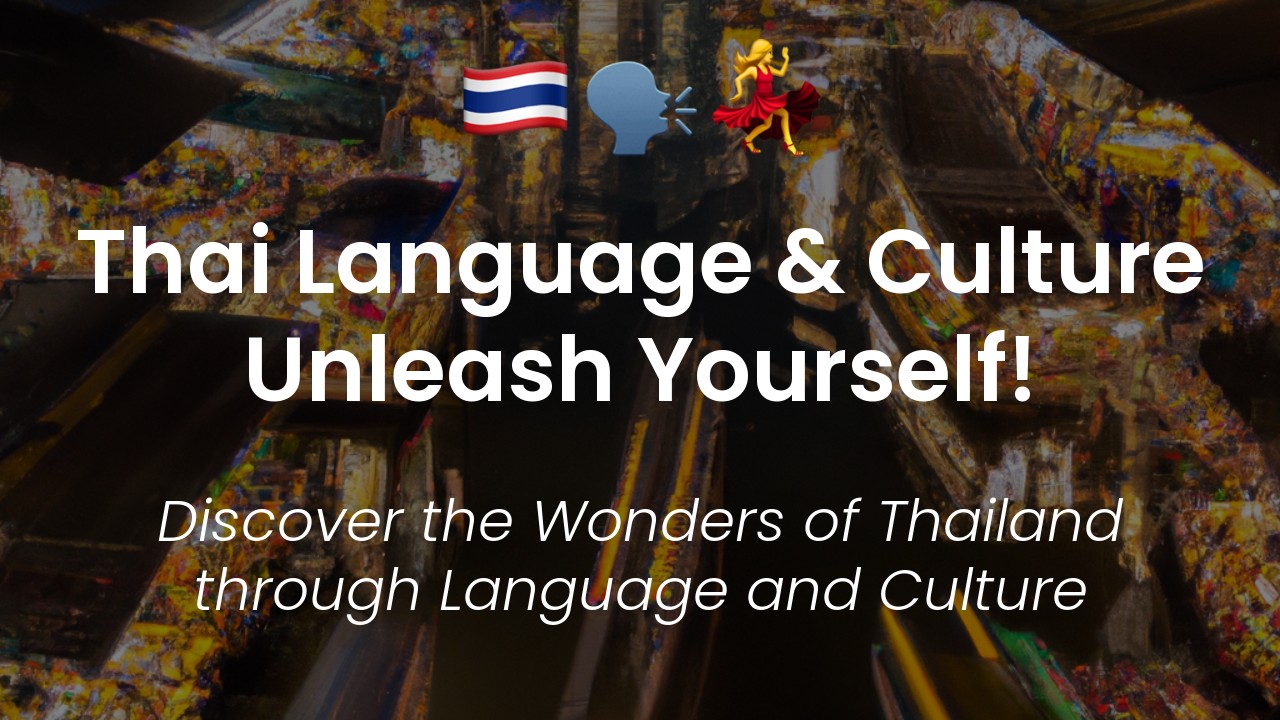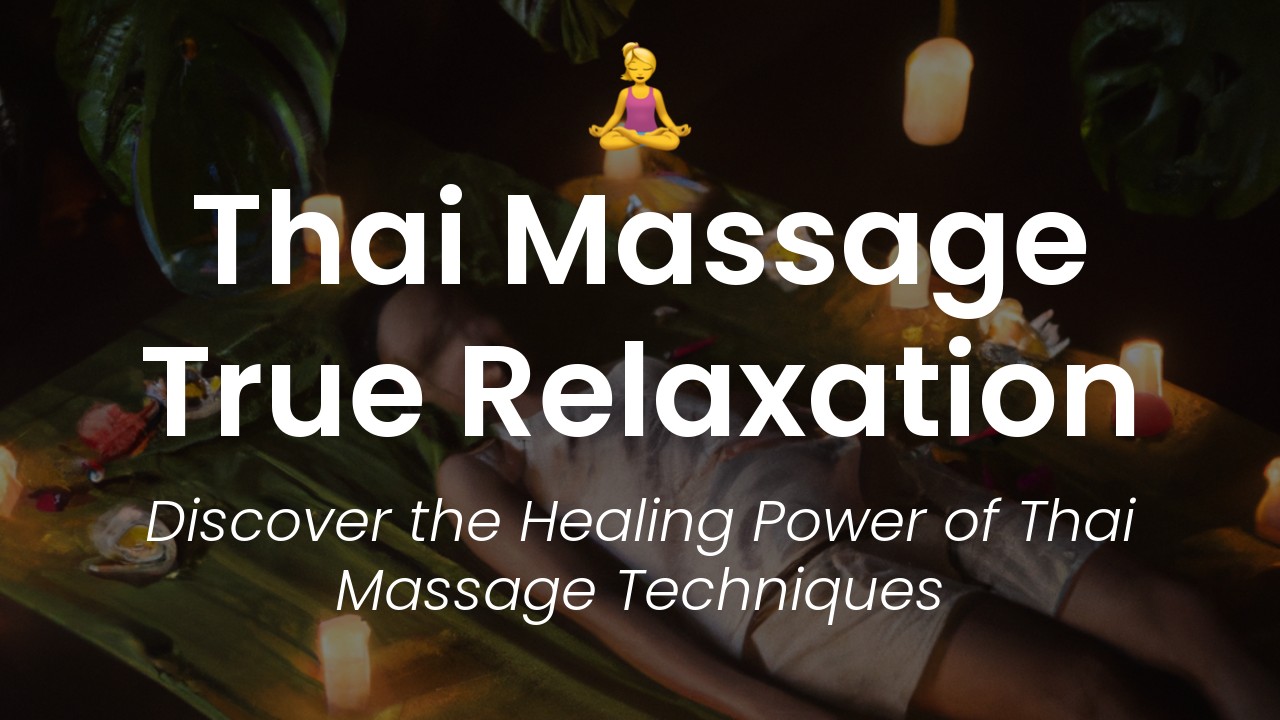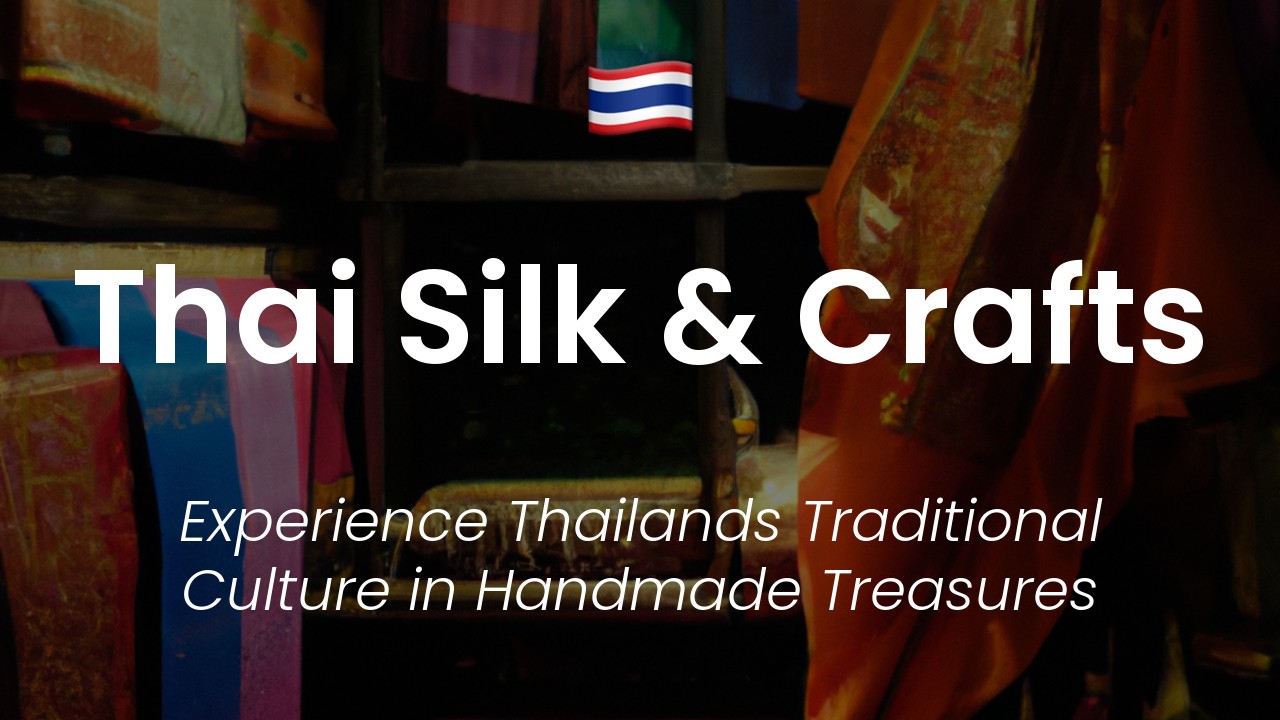Hi, I'm Sirinya, and I'm thrilled to share with you one of the most remarkable experiences in Thailand: Buddhist meditation retreats. Thailand is known for its relaxing beaches, beautiful temples, and spicy cuisine. But there's more to discover in this beautiful country, especially if you're looking for a profound spiritual experience.
With the popularity of mindfulness and wellness, Buddhist meditation has become a go-to for those who seek inner peace and tranquility. And what better way to practice meditation than in the land where Buddhism flourishes? Thailand has numerous meditation retreats that offer serenity, awareness and insight to participants from all walks of life.
In this article, we'll discover some of the most beautiful and peaceful meditation retreats in Thailand. Whether you're a beginner or an experienced meditator, you'll find useful information on what to expect, how to prepare, and what benefits you can gain from immersing yourself in Buddhist meditation practice. So, let's pack our bags, open our hearts, and embark on a journey of self-discovery and ultimate peace!
Why Thailand is a popular destination for Buddhist retreats
Thailand is a land of culture, diversity, and ancient traditions that have been around for centuries. It is also home to many Buddhist Temples and meditation centers, making it a popular destination for those who seek inner peace and spiritual enlightenment.
Thai culture is deeply rooted in Buddhism, the country's dominant religion. For centuries, Thai monks have used meditation as a means to train their minds, cultivate wisdom, and achieve inner peace. Today, meditation has become increasingly popular among people around the world, who travel to Thailand to learn from the nation's experienced teachers and experience the country's serene environments.
Benefits of meditation for mental and physical health
Buddhist meditation offers many benefits for both mental and physical health. It allows practitioners to develop a sense of presence, enhancing their focus and concentration. Meditation helps to reduce stress, anxiety, and depression, which can lead to better sleep, improved digestion, and a healthier immune system. Some studies have also shown that meditation can lower blood pressure and manage chronic pain.
Most importantly, meditation promotes mental clarity, emotional stability, and compassion, creating a sense of well-being, contentment, and connection to others.
Types of meditation practiced in Buddhist retreats
There are many different types of meditation practices in Buddhism, but they all share a common goal: to train the mind and cultivate inner peace. Here are some of the most popular techniques:
-
Mindfulness meditation: This technique involves paying attention to one's breath or body sensations, with non-judgmental awareness, observing thoughts without getting caught up in them, and bringing the mind back to the present moment.
-
Loving-kindness meditation: This practice involves developing feelings of kindness, empathy, and compassion towards oneself and others, including friends, strangers, and even enemies.
-
Vipassana meditation: Also known as insight meditation, vipassana involves developing insight into the nature of reality, by observing the impermanence, unsatisfactoriness, and emptiness of all phenomena.
- Walking meditation: This technique involves walking slowly and carefully, paying attention to each step, and being fully present in the moment.
Popular Buddhist retreat centers in Thailand
Thailand offers a variety of meditation retreat centers, from simple forest monasteries to luxurious urban centers. Here are some of the most popular ones:
-
Wat Suan Mokkh: Located in Surat Thani province in southern Thailand, this retreat center was founded by the famous monk Buddhadasa Bhikkhu in the 1950s. It offers 10-day silent retreats based on the traditional Thai Forest tradition of meditation, with teachings in English and Thai.
-
Doi Suthep Vipassana Meditation Center: Located in Chiang Mai, this center offers intensive vipassana meditation retreats in a serene mountain setting. The courses range from 1 to 3 weeks and follow the teachings of the late Burmese meditation master Mahasi Sayadaw.
-
Plum Village Thailand: This center, founded by the Vietnamese Zen master Thich Nhat Hanh, is located in Pak Chong, Nakhon Ratchasima province. It offers mindfulness retreats for people of all levels of experience, who want to cultivate awareness, compassion, and inner peace through mindfulness practices.
What to expect during a Buddhist meditation retreat
Buddhist meditation retreats can vary in length, intensity, and style, depending on the center and the teacher. However, most retreats involve some basic elements that all participants should be aware of:
-
Silence: Most retreats are silent, meaning that participants are expected to refrain from talking to each other, except in emergency situations or during interviews with the teacher.
-
Basic Accommodations: Accommodations are usually basic and involve sleeping on a thin mat or cushion in a dormitory-style room. Some centers may offer private rooms or more luxurious accommodations for an additional fee.
-
Vegetarian Meals: Most centers offer vegetarian meals, often sourced locally, as a way to promote compassion towards animals and the environment.
- Daily Schedule: Retreats follow a strict daily schedule that includes periods of meditation, walking meditation, yoga or stretching, and dharma talks by the teacher. Participants are expected to follow the schedule and be on time for all activities.
Tips for preparing for a meditation retreat in Thailand
Preparing for a meditation retreat can help you get the most out of your experience. Here are some tips to consider:
-
Research the center: Do your research about the center and the teacher, read reviews, and inquire about the schedule, accommodations, and expectations.
-
Practice meditation beforehand: Start practicing meditation at home, even if it's for a few minutes a day, to get used to the technique and develop a regular practice.
-
Follow the precepts: Most centers have a set of precepts, or ethical guidelines, that participants are expected to follow, such as refraining from harming living beings, stealing, sexual misconduct, lying, or using intoxicants. Follow them to create a harmonious community.
-
Pack light: Bring comfortable and modest clothing that covers your shoulders and knees, mosquito repellent, a small flashlight, and a water bottle. Leave electronics, books, or excessive clothing at home.
-
Open-mindedness: Come with an open mind and a willingness to learn from the experience, even if it challenges your beliefs or habits.
In conclusion, meditation retreats in Thailand offer an opportunity to cultivate inner peace and wisdom in a supportive and inspiring environment. Whether you are a beginner or an experienced practitioner, you can benefit from the guidance of skilled teachers, the company of like-minded people, and the serenity of nature that Thailand offers.
